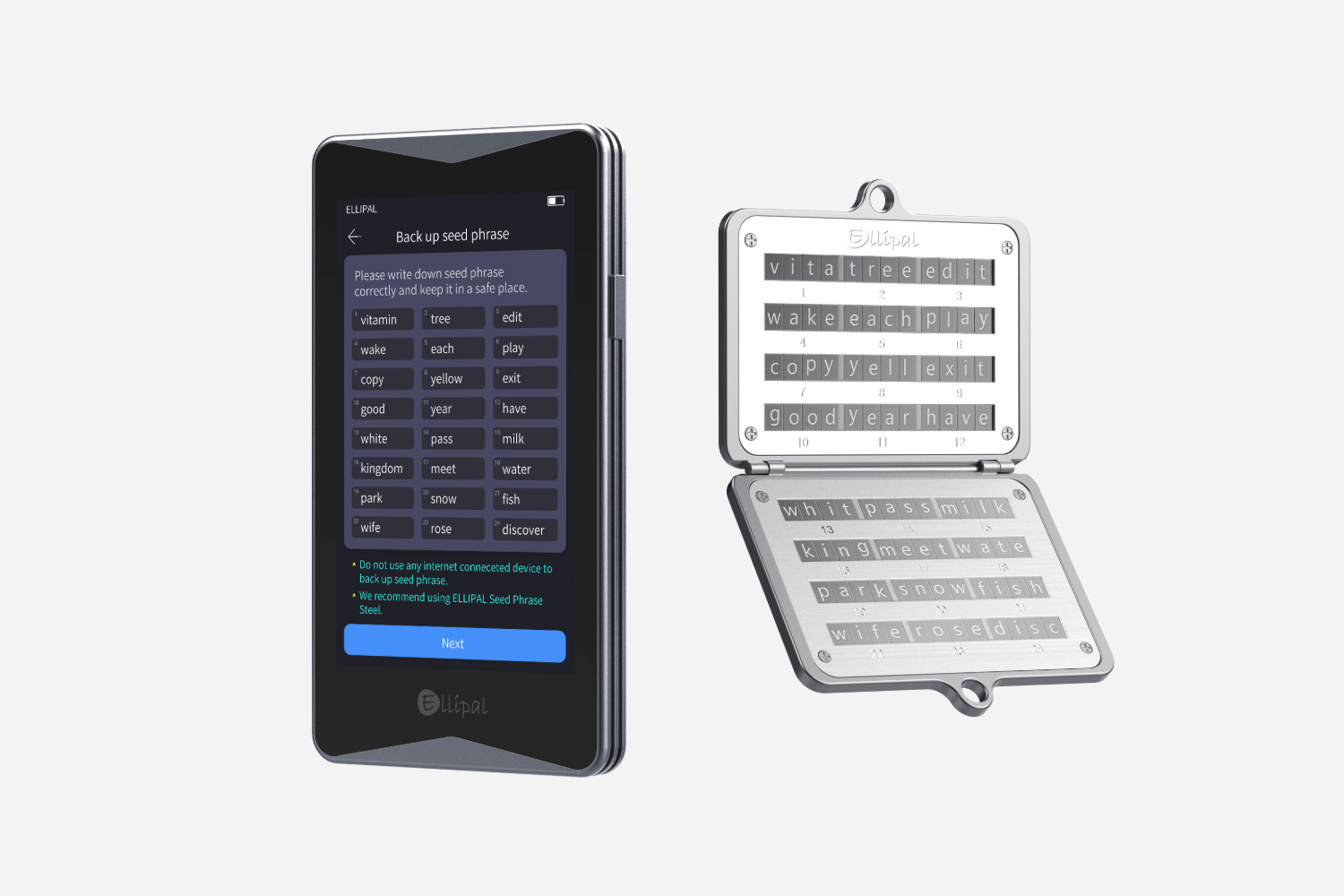In the rapidly evolving world of cryptocurrencies, ensuring the security of your digital assets is paramount. One of the most effective methods for safeguarding your investments is through crypto cold storage. This article delves into the intricacies of cold storage, offering insights and best practices to help you protect your cryptocurrencies.

What is Crypto Cold Storage?
Crypto cold storage refers to the practice of keeping your cryptocurrencies offline, away from the reach of hackers and malicious software. Unlike hot wallets, which are connected to the internet, cold storage solutions provide a more secure environment for your digital assets. But why is this distinction important? The answer lies in the increasing number of cyberattacks targeting online wallets.
Types of Crypto Cold Storage Solutions
There are several types of cold storage solutions available, each with its own advantages and disadvantages. Understanding these options can help you choose the best method for your needs:
- Hardware Wallets: These are physical devices designed to securely store your private keys. They are user-friendly and often come with additional security features.
- Paper Wallets: This method involves printing your private keys and public addresses on paper. While it is highly secure from online threats, it can be easily lost or damaged.
- Air-Gapped Computers: Using a computer that is never connected to the internet can provide a high level of security. However, it requires technical knowledge to set up and manage.
Best Practices for Using Crypto Cold Storage
To maximize the security of your digital assets, consider the following best practices when utilizing crypto cold storage:
- Always use reputable hardware wallets from trusted manufacturers.
- Regularly update the firmware of your hardware wallet to protect against vulnerabilities.
- Store your paper wallets in a safe place, such as a safe deposit box.
- Consider using multiple cold storage methods to diversify your security strategy.
Why is Cold Storage Essential?
With the rise of cryptocurrency adoption, the risk of theft has also increased. Utilizing crypto cold storage significantly reduces the chances of losing your assets to cybercriminals. By keeping your private keys offline, you create a formidable barrier against unauthorized access. But what happens if you lose your cold storage device? It is crucial to have a backup plan in place, such as securely storing recovery phrases or seed words.
Conclusion
In conclusion, understanding and implementing crypto cold storage is vital for anyone serious about protecting their digital assets. By following the best practices outlined in this article, you can enhance the security of your cryptocurrencies and enjoy peace of mind. For those interested in exploring hardware wallets, consider checking out for a range of secure options.








